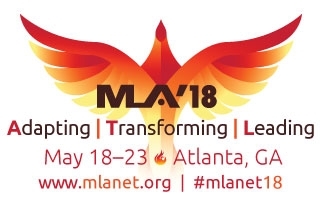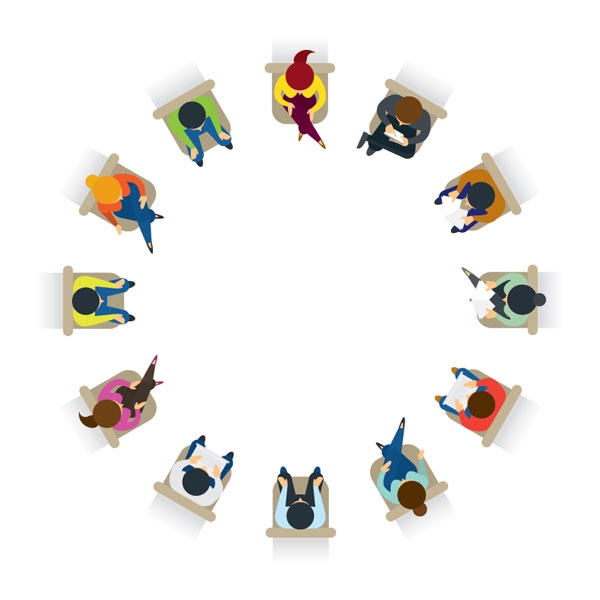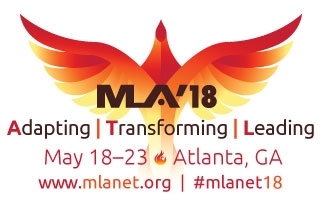 Join your colleagues at MLA ’18 Adapting | Transforming | Leading in Atlanta, GA, for courses that will support health sciences librarians and other information professionals in adapting to rapidly changing environments, transforming their collections and service models, and leading important new changes in education, research, and librarianship.
Join your colleagues at MLA ’18 Adapting | Transforming | Leading in Atlanta, GA, for courses that will support health sciences librarians and other information professionals in adapting to rapidly changing environments, transforming their collections and service models, and leading important new changes in education, research, and librarianship.
The following are offerings in the Evidence-Based Practice & Research and Health Information Professionalism competency areas, as described in MLA’s Competencies for Lifelong Learning and Professional Success. Watch for information on other courses to be offered in upcoming issues of the MLA News and on MLANET. More course information is available on MLANET.
Friday, May 18, 1:00 p.m.–5:00 p.m.
CE502 Statistics 101: A Primer in Statistical Methods for Health Sciences Librarians
Participants will come away with a better grasp of “statistical language,” improving, for example, their ability to interpret the strength of evidence in research findings or to assist students in choosing proper visualizations of data.
CE600 Building Partnerships with Faculty, Clinicians, and Other Stakeholders
Are you interested in strategies for building partnerships that lead to collaborative projects? This class will discuss barriers to building partnerships and detailed plans to help you overcome these obstacles. Learn some strategies that will help open opportunities for collaborative projects in both academic and hospital settings. After four hours in a practical experience workshop, you will walk away with an action plan that fits you.
Saturday, May 19, 10:00 a.m.–5:00 p.m.
CE500 What Did You Hear? Qualitative Data Analysis
Data analysis, oh no! The purpose of this course is to take librarians and informationists through the steps of analyzing data generated from interviews or focus groups by using low-cost and free tools and beginning to organize results. The major goals of the course are to demystify qualitative data, introduce low-cost and free tools for data analysis, introduce the process of coding and analyzing qualitative data into themes, and discuss the results.
Saturday, May 19, 8:00 a.m.–noon
CE501 Introduction to Visualization Principles
Visualization can be a powerful tool for discovery, data analysis, and presentation. Using Excel and Tableau Public, this course will provide an introduction to visualization principles, including design principles and different types of visualization. Attendees will apply these principles to create useful visualizations.
CE601 Learning to Liaise with Health Professions
The number of health professions programs is growing rapidly, placing greater demand on libraries. This course will feature active participation to help participants more effectively support health professions with distinct standards and cultures of practice. Participants will explore best practices and formulate plans to apply these practices in their own institutions.
Note: Attendees are required to bring a laptop computer or other device with WiFi capability to participate in interactive activities.
Saturday, May 19, 1:00 p.m.–5:00 p.m.
CE503 Introduction to Data Analysis and Visualization with R
Librarians increasingly need data literacy skills to be successful in today’s data-intensive information environment. This is especially true for medical librarians who work closely with clinicians and biomedical researchers, whose work tends to be highly data-driven. This course will provide an introduction to R, a popular programming language for data wrangling, analysis, and visualization.
Contact Debra Cavanaugh, MLA CE coordinator, for more information.




